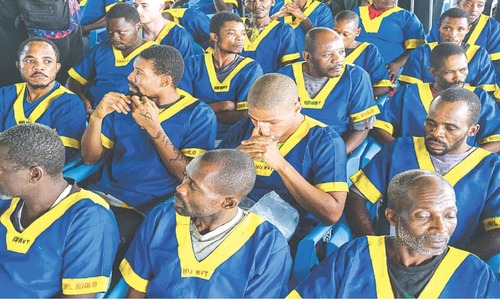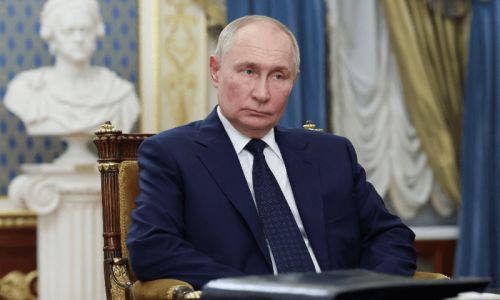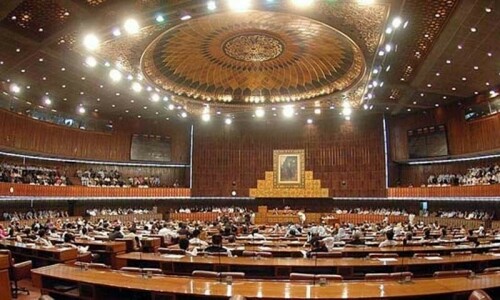LONDON: When Amer Awan’s father died of coronavirus, mourners congregated with little thought of social distancing. But cultural practices alone do not explain why Britain’s ethnic minorities have been hardest hit by the outbreak.
“Visitors to the house...were not wearing any masks or not wearing gloves. They wanted to hug me,” said the 44-year-old property developer from Birmingham, in central England.
“And I said, no, I’m sorry, I’m not gonna hug you. You know, you need to understand I’ve just lost my dad because of coronavirus and you are not taking this seriously.”
His experience of the death of his father, Nazir, who moved here from Pakistan 56 years ago, makes him fear his community remains at risk of the deadly outbreak of Covid-19.
First 10 doctors who died from coronavirus in UK were from minority communities
Britain’s black and minority ethnic communities appear to have been hardest hit by the virus sweeping the country — an issue that public health authorities are now looking into.
Despite only making up 14 per cent of the population of England and Wales, they represent a third of the patients in intensive care with coronavirus, according to the Intensive Care National Audit and Research Centre (ICNARC).
Chaand Nagpaul, head of the British Medical Association, said this was “extremely disturbing and worrying”.
“We have heard the virus does not discriminate between individuals, but there’s no doubt there appears to be a manifest disproportionate severity of infection in BAME [Black, Asian and Minority Ethnic] people and doctors,” he told The Guardian newspaper.
The first 10 doctors who died with coronavirus in Britain were from ethnic minorities, including Alfa Sa’adu, Jitendra Rathod, Mohamed Sami Shousha and Syed Haider.
In a letter to the government, several opposition Labour MPs said deaths represented “serious concerns” and called for an urgent investigation.
Sunder Katwala, the head of think tank British Future, also said that a large number of Filipino nurses, hospital porters and other staff had been affected by coronavirus.
“Tragically, a disproportionate number of those in the NHS who died are people who came to make their lives here and to work in the NHS,” Health Secretary Matt Hancock said recently.
Viewed as outsiders
Non-British staff make up 12 per cent of the UK healthcare workforce, according to the Office for National Statistics (ONS).
Two nurses hailed by Prime Minister Boris Johnson following his admission to a London hospital with coronavirus were from overseas — one from New Zealand, the other from Portugal.
But the letter from the Labour MPs suggested that “ethnic minority doctors have too often struggled for equal treatment” — and says the fact they were among the first NHS deaths is “not a coincidence”.
“There have been suggestions that such barriers mean that BAME doctors feel less able to complain about inadequate personal protection equipment (PPE), thereby putting themselves at risk.”
In terms of patients, people from ethnic minorities are more likely to live in London or in the West Midlands, another hard-hit area, and suffer more poverty and ill health.
“South Asians live in more deprived areas and have more cardiovascular disease and diabetes,” said Kamlesh Khunti, an expert in ethnic minority health.
Published in Dawn, April 17th, 2020














































Dear visitor, the comments section is undergoing an overhaul and will return soon.